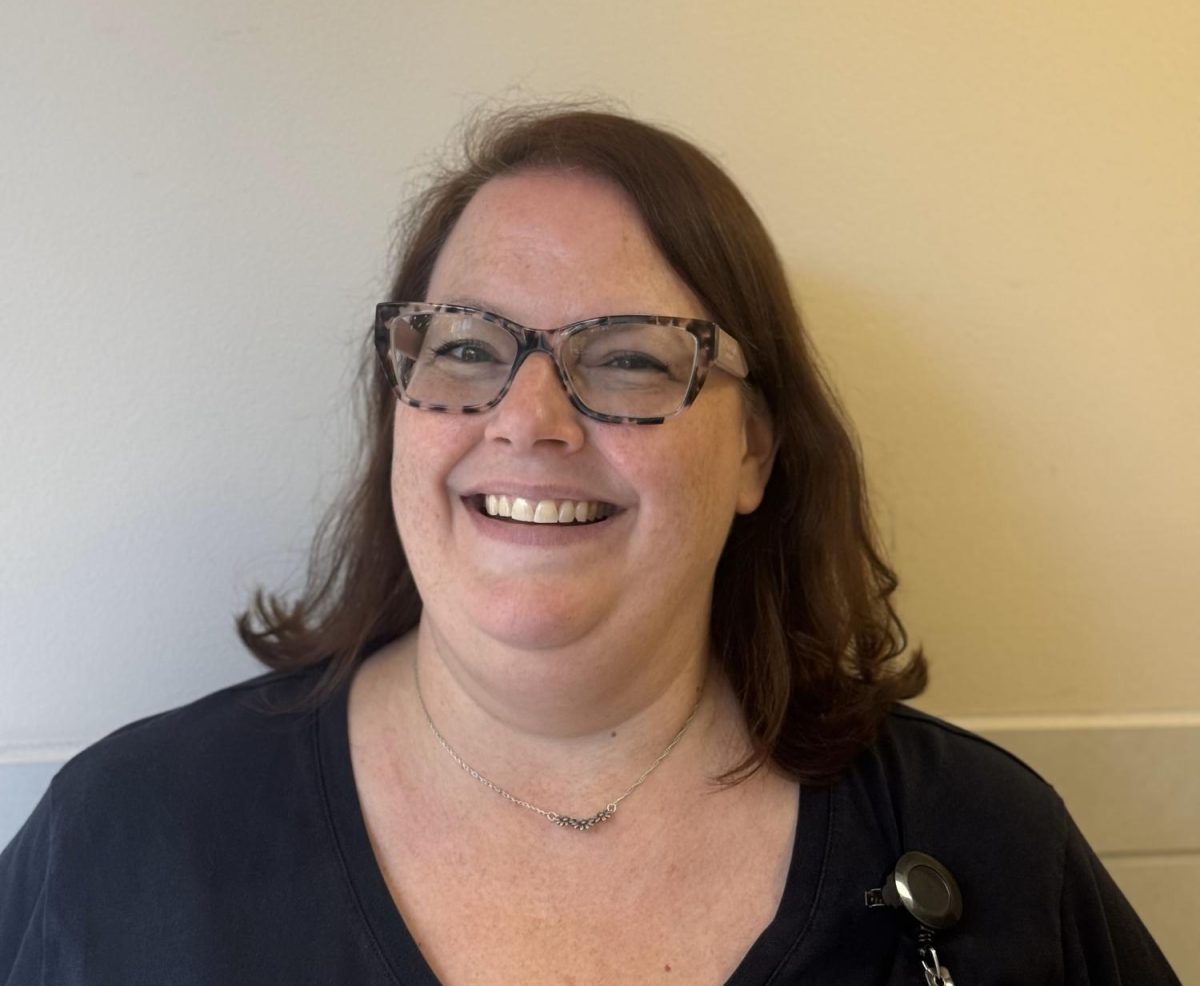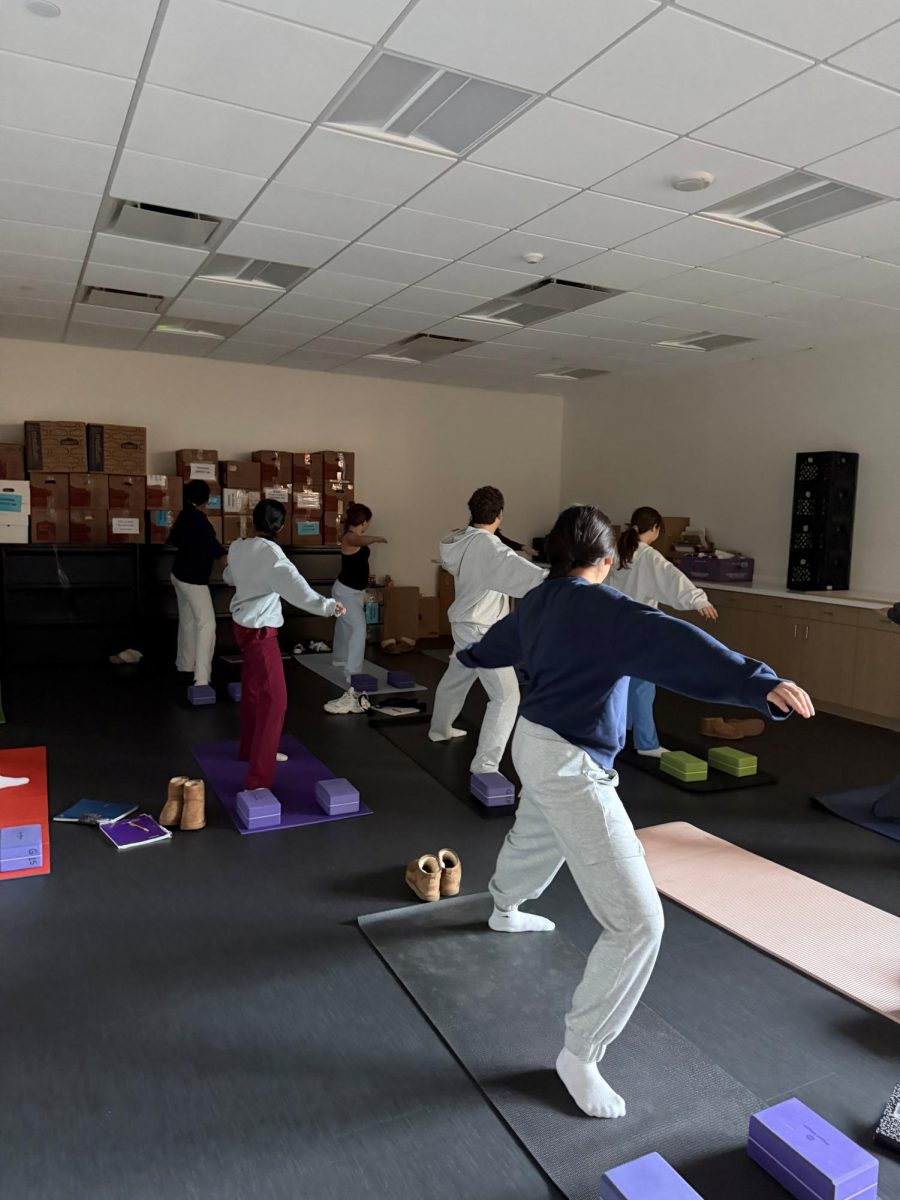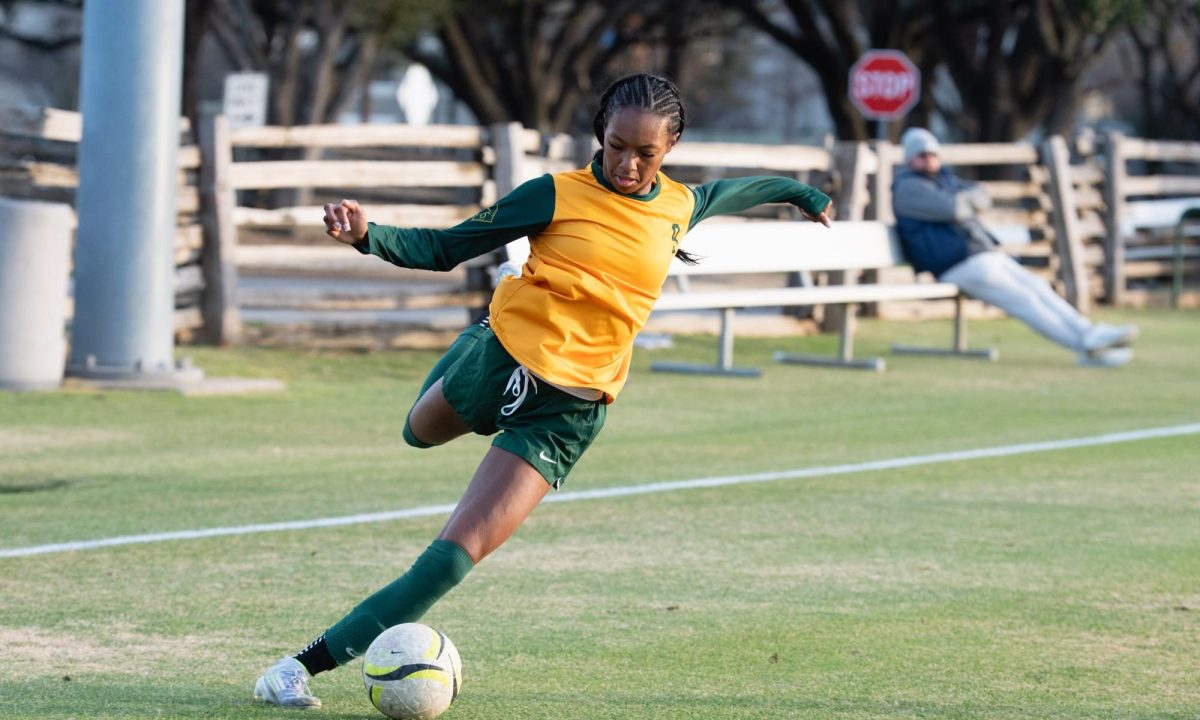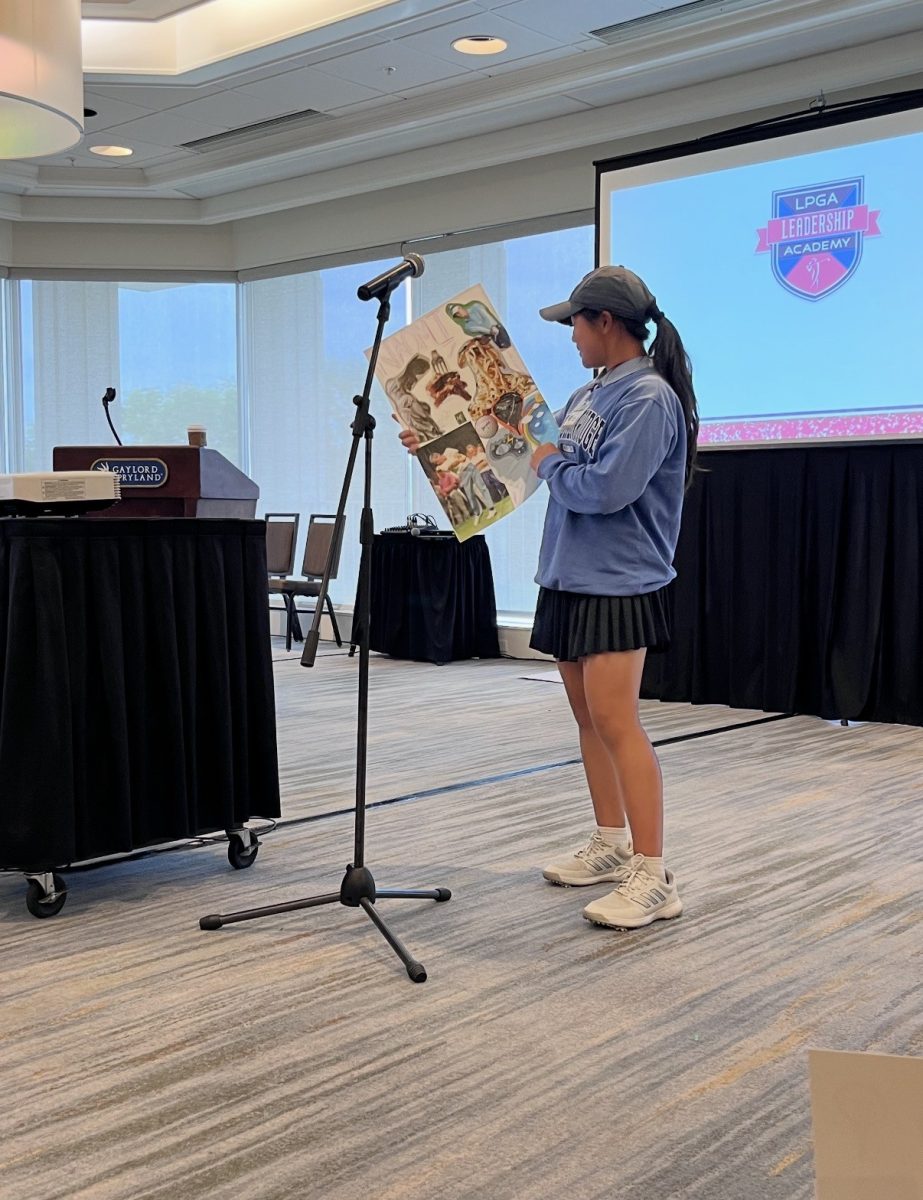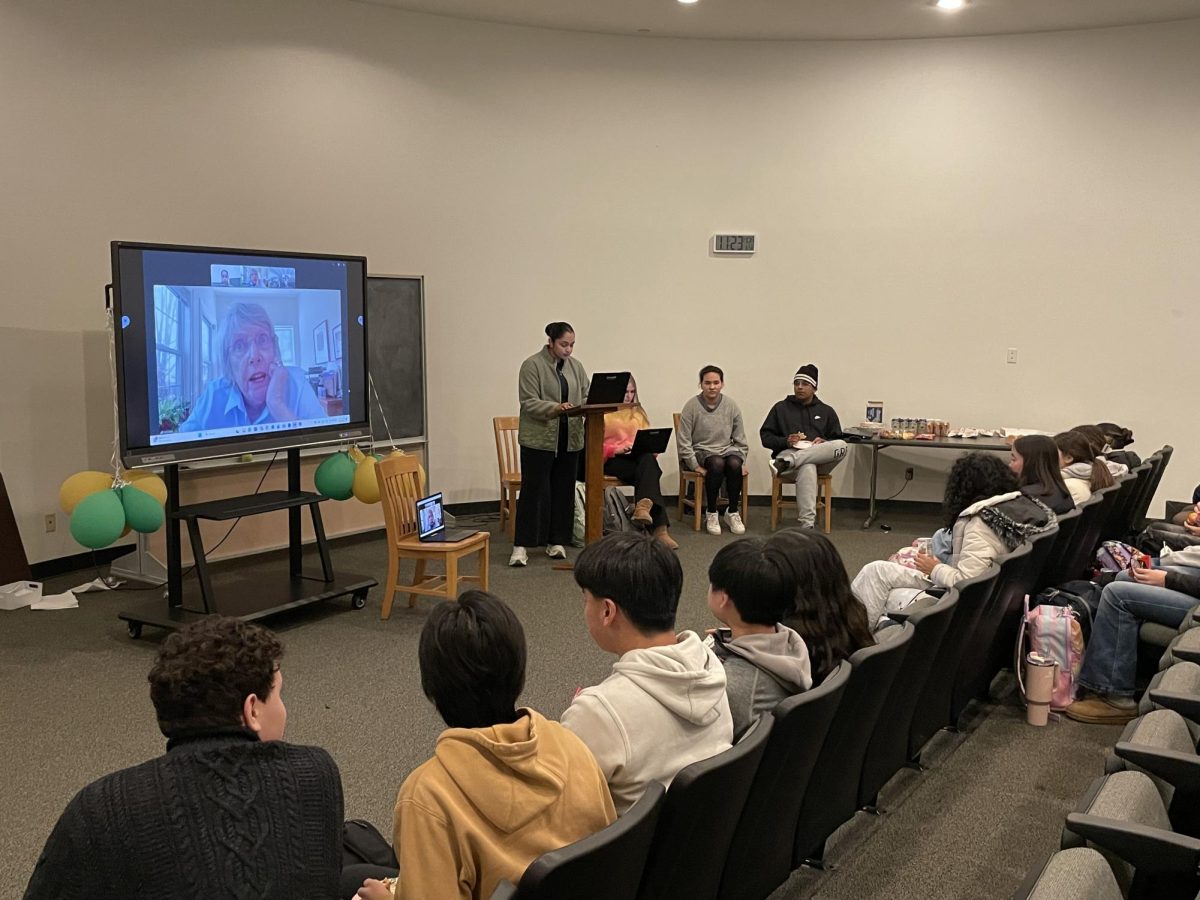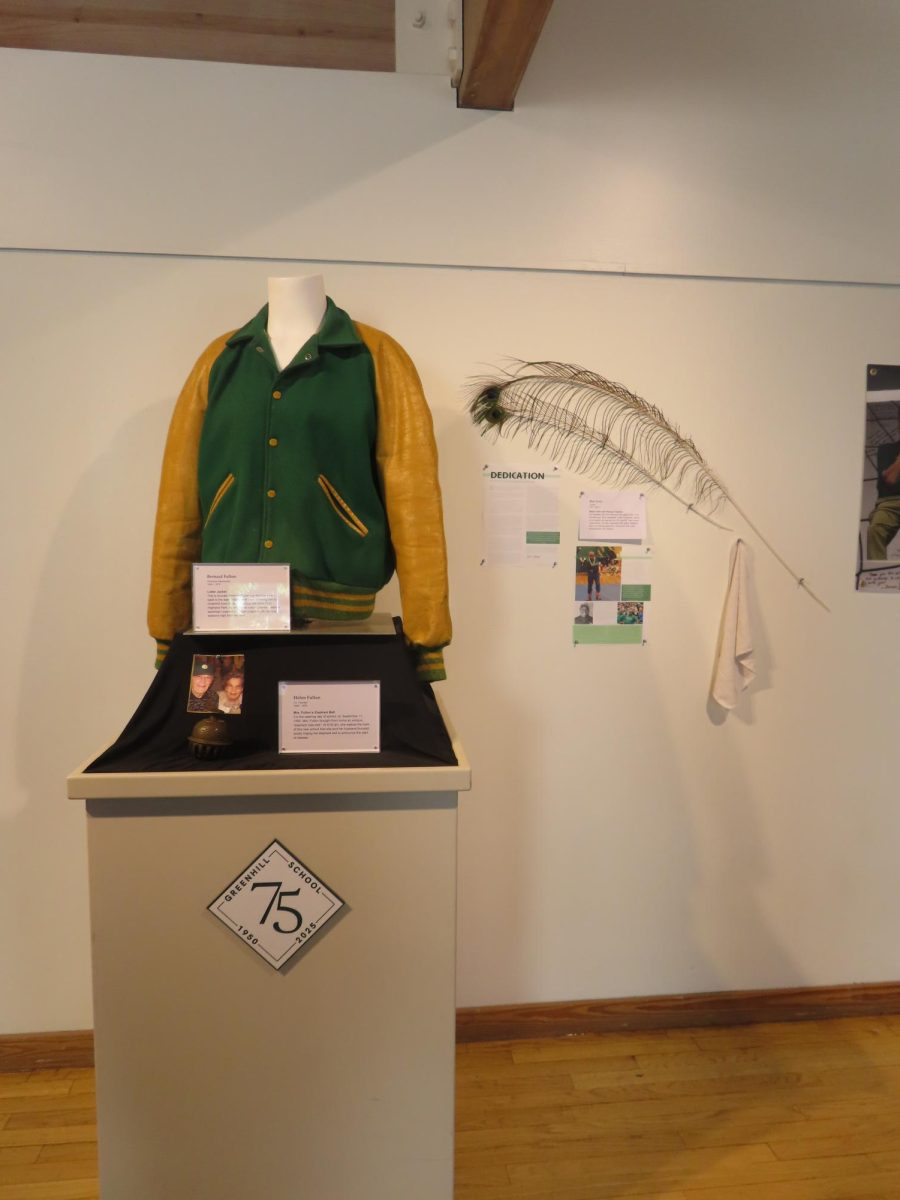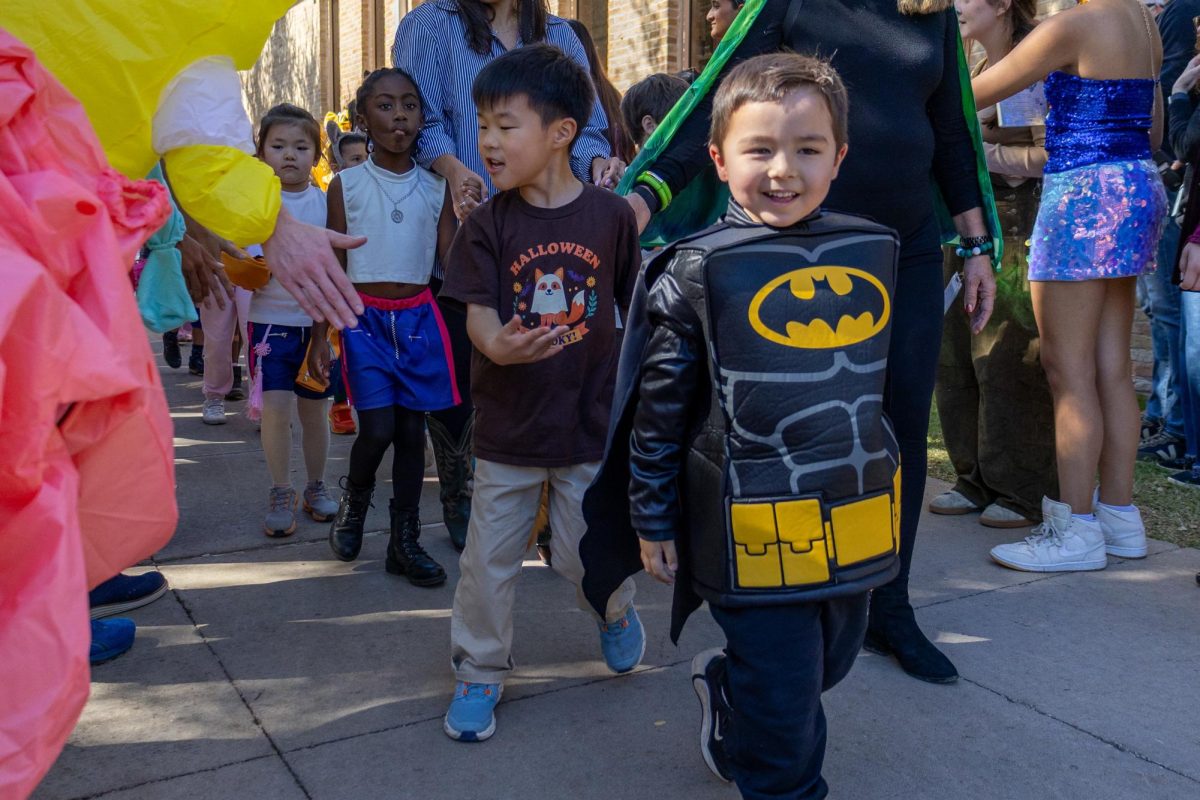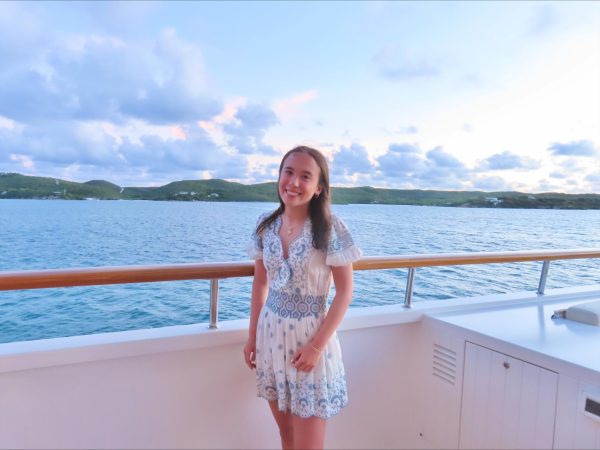The Employee Education Assistance Program is a way for Greenhill staff to receive graduate degrees in their specialized fields from local and online universities.
“The EEAP is one of the many ways Greenhill supports its employees,” Director of Academics Jason Yaffe said.
For these teachers, their Greenhill job must remain their priority, ruling out in-person out-of-state schools.
Head and Upper School Librarian Abby Harrison is currently getting a master’s degree in library and information science through online courses at the University of North Texas after her ninth year at Greenhill. She is taking one class this fall semester and is expecting to graduate next fall.
“Without the program, it would be so much harder financially to get my degree,” Harrison said.
The cost of education programs has a maximum of $5,250 per calendar year to a total of $21,000 for the whole program. The funding is limited to one area of study per individual during their time at Greenhill and is used towards all degree-related expenses including tuition, fees and textbooks. Applications may be denied if the budget funds are strained.
To be eligible for the program, an employee must have one year of continuous employment at Greenhill and have worked at least 20 hours per week throughout the school year. New staff and faculty are also able to apply, however, they cannot enroll in the program until the following year.
Applications are accepted annually and must be submitted one year prior to entering the program of study. This year, applications are active from Oct. 7 to Nov. 11.
The application consists of a paper application and multiple conversations following that.
“I did not think the application was that hard,” Harrison said. “I had to do a lot of research on costs and logistics, but you would have to do that anyway when going back to school.”
Because of space and budget limitations, only about six to seven staff members can receive the scholarship each year, meaning some applicants get denied.
The most common reason for an application to get denied is when a teacher is seeking out a program distantly related to their specialty.
“The most important question on the application is how is this additional degree going to impact your work agreement,” Yaffe said.
If an applicant shows genuine interest and they believe the additional education will improve their community, Yaffe says he will take note of that.
“I already took a bunch of classes in school library, and I have been a school librarian for 20 years,” Harrison said. “So, I am getting my degree in academic library because it would be helpful since I work with Upper School kids that are doing research.”
Yaffe says the main goal of the program is to help faculty learn skills that can assist them both in and outside of the classroom.
“My hope is to have faculty who hope to feel fulfilled, and [teachers] who are modeling lifelong learning and are going to acquire skills that make them a better employee,” Yaffe said.

